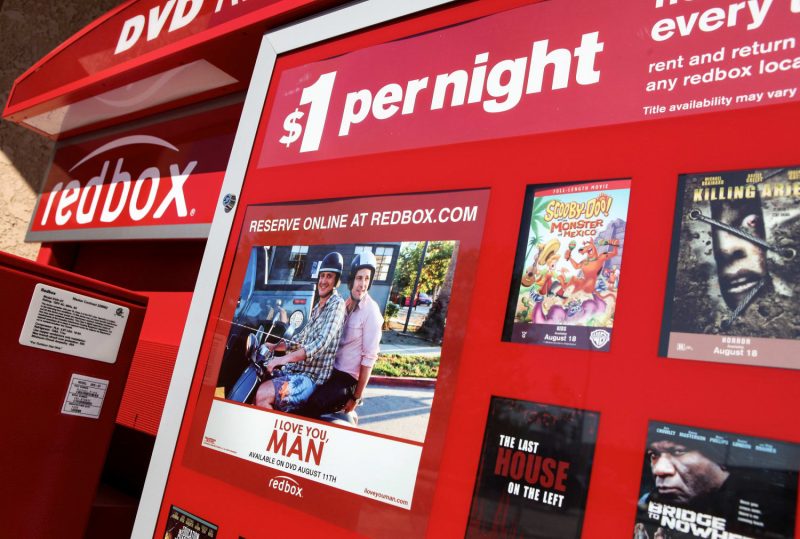As the shift towards digital streaming continues to shape the entertainment industry, the fate of traditional DVD rental services like Redbox hangs in the balance. Redbox, a once-popular provider of physical media rentals, has announced plans to close its kiosks as the demand for DVDs dwindles in the shadow of streaming platforms.
One of the primary factors contributing to Redbox’s decision to close is the rise of on-demand streaming services such as Netflix, Amazon Prime, and Hulu. These platforms offer consumers a vast library of movies and TV shows that can be accessed instantly from the comfort of their own homes, making the need to visit physical rental kiosks less appealing.
Since its founding in 2002, Redbox has played a significant role in the DVD rental market, providing a convenient and affordable way for customers to access the latest movie releases. However, as streaming services have surged in popularity and convenience, Redbox has struggled to compete effectively.
Additionally, the COVID-19 pandemic has accelerated the shift towards digital entertainment consumption, with more people staying at home and relying on streaming services for their viewing needs. This shift in consumer behavior has further marginalized the demand for DVD rentals, hastening the decline of traditional rental services like Redbox.
Despite the impending closure of Redbox kiosks, physical media enthusiasts and collectors may find it challenging to bid farewell to the tangible aspect of DVD rentals. The experience of browsing through shelves of movie titles, selecting a film, and physically inserting the disc into a player holds a nostalgic charm that cannot be replicated by streaming services.
In response to the changing landscape of the entertainment industry, Redbox has pivoted its focus towards digital movie rentals and purchases through its On Demand streaming platform. By adapting to the evolving preferences of consumers, Redbox aims to remain relevant in a digital-first world where convenience and accessibility drive entertainment consumption.
While the closure of Redbox’s physical kiosks marks the end of an era for DVD rentals, it also signals a new chapter in the entertainment industry’s ongoing transformation. As streaming services continue to dominate the market, traditional rental services must innovate and adapt to stay afloat in an increasingly digital landscape. The demise of Redbox serves as a poignant reminder of the ever-evolving nature of the entertainment industry and the need for businesses to embrace change to survive and thrive.

